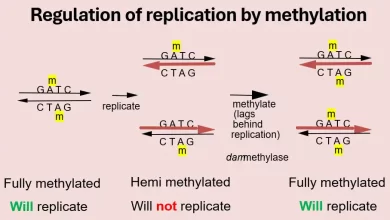Gluconeogenesis is a pathway that synthesizes glucose using non-carbohydrate substances. Amino acids, lactate, pyruvate, glycerol, and propionate are the main substrates of the gluconeogenesis pathway. The primary importance of propionate in gluconeogenesis is related to the digestion of ruminants. This fatty acid is produced through the fermentation of cellulose in the stomachs of these animals. Gluconeogenesis enzymes are located in the mitochondria, cytosol, and endoplasmic reticulum. The liver is the primary site of gluconeogenesis. 90% of gluconeogenesis occurs in the liver, and 10% occurs in the kidneys.
1 minute read








